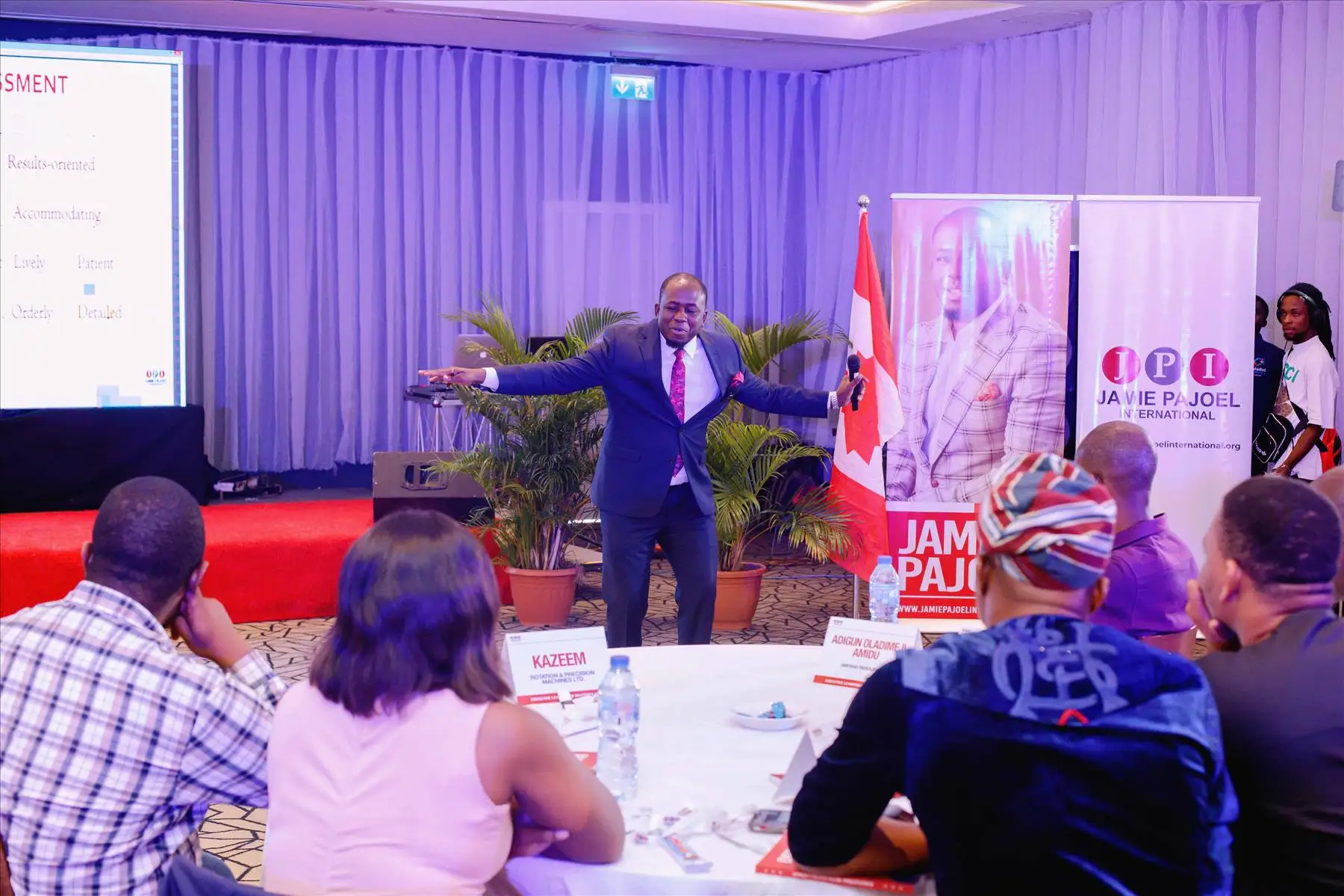
Dealing With Organisational Politics
Organisational politics – a dirty word, a cynical explanation of all that is disagreeable, a descriptive term, or an opportunity? Plenty of people are cynical about organisational politics, by which they mean underhanded seeking of personal interests. That is one kind of politics, probably more aptly described as sheer nastiness. It doesn’t take organisational life to find self-serving behavior.
Even when you’re out to get something done—not to do someone in—you have to play politics – Michael Warshaw
This kind of behavior is self-oriented politics, in which the primary goal is only the benefit of the individual, with no concern for the overall organisation or department. The people out for only themselves may use methods that are seen as duplicitous, such as saying opposite things about their opinions to different people, giving false compliments to curry favor, harming colleagues by innuendo, or spreading false rumors.
These kinds of distasteful behavior are certainly unpleasant and do occur. But often, more innocent behavior gets interpreted by others as self-seeking or underhanded because the motives or style of the offender aren’t clear. Bad, personal motives are attributed to the person, and no one tests the motives with the person because if you already believe he or she is nasty, it feels too risky to take a chance on unnecessary interaction. Be sure you aren’t leaping to negative conclusions.
The second kind of political behavior is awareness of the organization as political, in the sense that different groups have different assignments and interests. You can’t be fully effective if you don’t understand this more benign but potent form of organisational politics, in which unique and idiosyncratic customs develop and impact behavior.
The Nature of Organizations
The sources of the second form of politics have to do with the nature of organizations. No matter how clever the designers of an organization, it is impossible to plan and predict all the ways that people and groups will have to interact. The formal organization is a blueprint, but in everyday life, many improvisations will arise to fill in the gaps that can’t be adequately accounted for. These improvisations inevitably create an informal organization, in which some individuals and groups do more or less than expected—and needed—to make the organization function. Just think, for example, of how important the assistant to the president can become because some things require immediate attention and others can be stalled. Some people who want appointments are obnoxious while others are pleasant, some executives need information that isn’t widely available, certain customers can’t be ignored, and so on. Over time, the assistant develops ways of responding that go beyond simple rules or policies set by the president because judgment is needed to cope with new situations. The responses become a pattern, and soon informal arrangements become more routine. The three executives who are favored may get together for coffee with the assistant from time to time, and topics are discussed that aren’t formally required. Multiply these kinds of informal arrangements many times, and soon the organisation chart would need constant revision by a professional mapmaker to reflect the actual distribution of interaction and decision making. Organizations would be less efficient and effective without the informal organisation existing alongside the formal one.
As a result of the informal organisation (and partly causing it), individuals accrue more or less influence depending on their individual knowledge, past jobs, personal history, competence, and so on. Not infrequently, people who on the charts should have little power actually have a lot, and vice versa. If you want to get things done, it is important to know who is who and what actual influence they have.
In addition, through the natural bumps in work outcomes and the collision of work styles, organisational members develop a variety of feelings about one another and about whole groups of people. This history is very much present, even though it may just be “understood” and the original sources of tension long forgotten.
Furthermore, parts of organisations, created to accomplish different goals and activities, tend to pursue those goals, sometimes at the expense of the total organisation or other parts. This isn’t a sign of selfishness or bad corporate citizenship; it is just inherent in the design. Somehow there will have to be decisions, and the effort of each group to influence the decisions in their favor is exactly what politics is about. Thus, politics refers to pursuit of interests; it would be strange if each area did not do that. (And, the job of leadership is to find a way to make the overall organisational goals at least as attractive, so components pull together.)
Organisations also all have some kind of history, their preferred procedures or protocols for how to get things done, certain individuals who are the key gatekeepers and trendsetters, and certain symbols that have to be invoked. Many members are aware of these, consciously or instinctively, and operate within the preferred structure.
This way of looking at organisational politics implies that part of your job is to understand the dynamics and inevitable conflicts, accept them as part of organisational life, and learn to work through them to accomplish your work. Savvy organisational members take all of this into account as they proceed. Knowing the landscape is part of effectiveness. But knowing it, and working through and around it, does not demand that anyone descend into personal politics of the worst kind. It might be tempting, but it seldom leads to good long-term results. Therefore, don’t put down politics. Don’t be “above” the politics. That attitude is not only naive but also a harsh judgment that reality is “bad” and, in its own way, is just as political a position. Avoidance or scorn means giving away power, while engaging in an underhanded, secretive, or nasty way creates poisonous relationships and eventually will hurt your reputation. Play hard, but fair.






